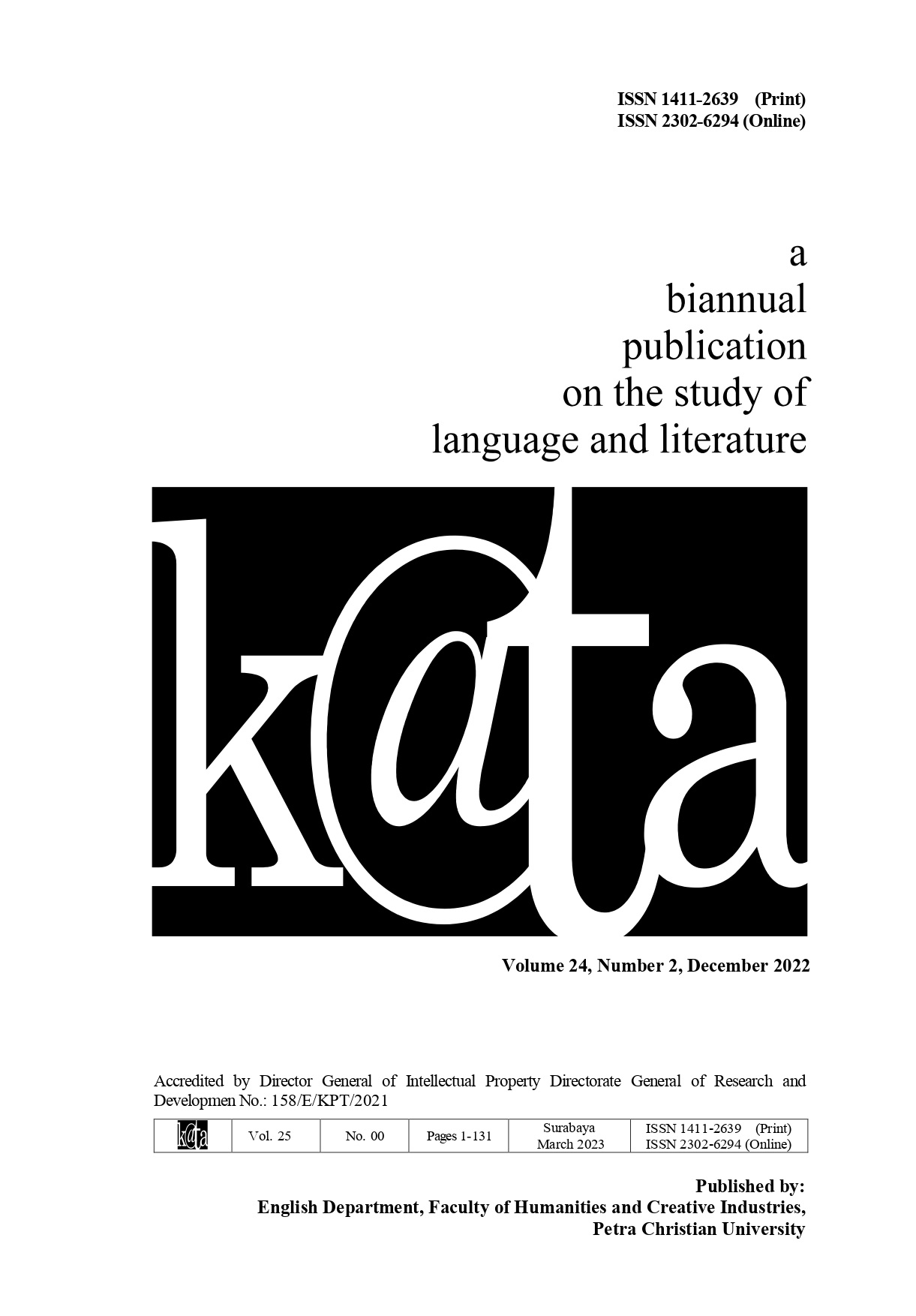On “Multitude†and the Urban Question: Reading in Times of Pandemics
Abstract
“Multitude†is a term popularized by Antonio Negri and Michael Hardt to conceptualize the labor condition and its political possibilities in the post-Fordist regime of capital accumulation. This paper seeks to explore such a concept in the context of an Indonesian city. It argues that the Indonesian multitude is formed through the worldwide division of labor, which involves the urban majorities whose work cut across formal and informal sectors. It teases out the absence of the “urban question†in the Indonesian city as a context for understanding the challenges faced by the Indonesian multitude. The paper (in light of post-pandemic) calls for the role of the state to serve as a medium for achieving societal goals and a guarantor of public access to Universal Basic Assets covering education, health, housing, technology, and information.
Downloads
References
Dowding, K. & Dunleavy, P. (1996). Production, disbursement and consumption: the modes and modalities of goods and services. Sociological Review, Special Issue, 44(1), 36-65.
Hardt, M. and Negri, A. (2004). Multitude: War and democracy in the age of empire. Harvard niversity Press.
Kusno, A. (2018) Where will the water go? Indonesia, 05(April), 19-51.
Kusno, A. (2020). Middling urbanism: the megacity and the kampung. Urban Geography, 41(7), 954-70.
Said, E. (1983). The world, the text and the critic. Harvard University Press.
Simone, A.M. (2013). Cities of uncertainty: Jakarta, the urban majority, and inventive political technologies. Theory, Culture & Society, 30(7-8), 243-263.
Simone, A.M. & Rao, V. (2021). Counting the uncountable: Revisiting urban majorities. Public Culture, 33, 2(94), 151-160.
Smith, J. & Wallerstein, I. (1992). Creating and transforming households: The constraints of the world-economy. Cambridge University Press.
Tabak, F. and Crichlow, M.A. (eds). (2000). Informalization: Process and structure. John Hopkins University Press.
To build the world anew: Joint statement of public intellectual forum [Unpublished Paper]. (2020).

This work is licensed under a Creative Commons Attribution 4.0 International License.
![]() This work is licensed under a Creative Commons Attribution License
This work is licensed under a Creative Commons Attribution License




.png)
.png)

.png)













